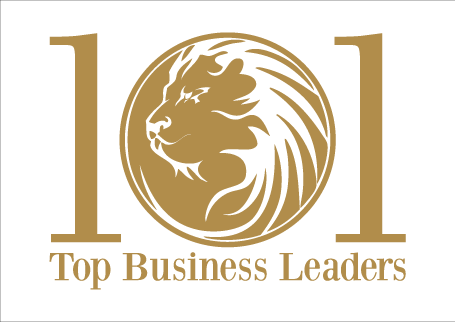Company Profile:
Jordan Commercial Bank (JCB) was originally established in 1977 under the name Jordan-Gulf Bank (JGB). In 2004, JCB was restructured, re-branded and its entire management team was replaced. The bank currently conducts its business via 28 branches in Jordan and 3 branches in the Palestinian territories. Jordan Commercial Bank offers its corporate, retail, and investment clients with well customized, high-quality and competitive priced financial solutions. Through its ever-increasing and regularly enhanced range of banking solutions and its efficient distribution channels, JCB is committed in delivering tailored world-class products and services that rewards it’s stakeholders, customers, and its personnel.
How did you start your business?
Back in 2004 when Jordan Commercial Bank was restructured, I took upon myself the responsibility of establishing the bank from scratch. Since 2004, after 6 years of operations, the banks capital has doubled reaching 80 Million Jordanian dinars. This was one of the most difficult tasks I faced throughout my long career, establishing a new bank with a new capital and name. The challenges were enormous, being one of twenty two banks. However, with determination based on clear strategic plans and objectives the bank was successfully thriving.
When you first started your business, were you expecting that it would become not only your full-time occupation, but also a growing company?
You are talking about a bank, which means you have the moral obligation of managing people’s deposits and maintaining them to gain the market’s trust. Thus expanding your share in this highly competitive market requires perseverance. Considering this occupation as a full-time job is an understatement due to fact that many stakeholders are involved i.e the shareholders, central bank, clients, employees and many more.
Managing a bank is very challenging in these volatile market conditions; especially with the increased regulations from the Central Bank of Jordan. Further pressure is applied from other International regulators such as the IMF, the World Bank, The Basil Committee requirements, and with the progressing anti-money laundering regulations and terrorism lists. The aforementioned, increases the difficulty of operating them with the increased capital and operational costs although they are established to safe guard banks.
What is the most rewarding thing you have accomplished & why do you cite it above all your other accomplishments?
As I mentioned before, witnessing the levels of success that Jordan Commercial Bank has reached will be the most rewarding thing I have accomplished. The bank is performing well and it’s financial indictors supersedes it’s competitors that have been in the business for longer years of operation. Currently the bank is one of the biggest 30 companies in Jordan. I cite this above all other accomplishments for the single reason of achieving this success story within the shortest period of time compared to others.
What were the biggest challenges you faced as an entrepreneur and how did you overcome them?
The challenges will never stop, everyday you face a handful. However, the biggest one of all was the results of the financial crises. Nonetheless; due to the rules and regulations of the Central Bank of Jordan, the Jordanian banking sector managed to pass through it without serious damages. Conversely, the serious challenges came from many businesses within the different economic sectors. They encountered collapses resulting from the economic slowdown in addition to the major cut downs of capital expenditures that the Jordanian government had to do. Luckily, the bank managed to get through this period and stood as a partner with it’s clients helping them cope with the crises and slow economic growth.
What do you think it takes to be successful in the industry your company competes in?
The first thing I would say is having high ethical standards. Your success is based on your reputation and there is no margin for errors. Furthermore, you have to believe in the people around you. By creating synergies between your employees and developing the team spirit, you motivate everyone to take part in the decision making process. Investing in people in this industry is an integral part for success.
Communication is the key factor here given that we have a flat management structure. Hence it is easy for all divisions including branches to communicate with each other. By doing so, all clients needs are resolved immediately by the standardized procedures throughout the organization.
What advice would you give to those contemplating starting their own business?
My advice to everyone would be to seek out who their stakeholders are, analyze them and find out their needs. By doing so, you would come upon the niche you will be targeting and position yourself there. This way, you are capable of differentiating yourself from others. Otherwise, you will be one of many that have available resources but unable to sustain what you are starting. Another piece of imperative advice would be to have your finances available at startup and not targeted by banks at the time being due to the global economic situation.
What is the question I did not ask, but should have?
What makes a good banker?
I consider this question a tricky one since a lot of people think that a person becomes a good banker through the many years of experience and strong knowledge of various banking products. Well, I may say that this is one aspect of a good banker; however, there are many other factors that play a role. For instance, the ability to make tough choices, say yes or no, and the most important one is the HR role you have to practice and apply to hundreds of employees around you. Resources need to be optimized to gain employee satisfaction, keeping in mind that we are a service oriented company and the quality of such services is what distinguishes us from others. In reality no one will be 100% satisfied. Therefore, a good banker needs to be a leader with strong personality, gaining respect and loyalty of his employees to the institution.


No comments:
Post a Comment